Let me start with three anecdotes:
- Major Somnath Sharma, PVC (P)
“The enemy are only 50 yards from us. We are heavily outnumbered. We are under devastating fire. I shall not withdraw an inch but will fight to the last man and the last round.”
- Captain Vikram Batra, PVC
“Either I will come back after hoisting the Tricolor, or I will come back wrapped in it, but I will come back for sure.”
- Field Marshal Sam Manekshaw
“If a man says he’s not afraid of dying, he’s either lying or he is a Gorkha.”
These are three of the most famous officers of the Indian Army, and you’d probably see that apparently, the whole concept of “fear of death” is absolutely absent in them. It is not just them. Any Army, Navy, Air Force, Coast Guard, CRPF, BSF, NSG or any national security organization has soldiers and officers with the same grit.
But how do they do it?
What goes on in the mind of a person who is ready to give his/her life for the safety of their country?
You ask a man to die for some notion of honour and he readily opts in, why?
The Mindset
Most people outside the army don’t understand the honour that lies in sacrificing your life for your country. But unlike most people think, joining the forces is not about dying for your country. It is about staying alive to protect your country till you die.
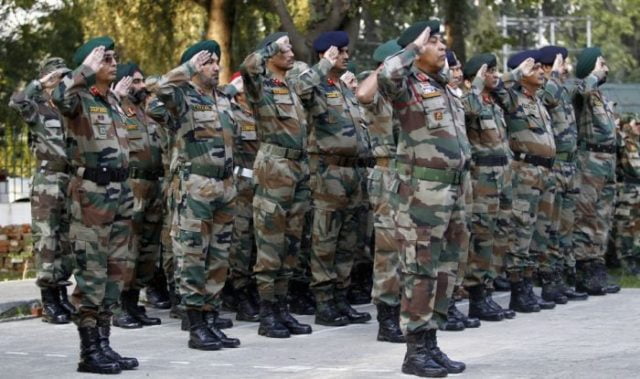
When newly commissioned officers take oath on their passing out day, they end it with “even to the peril of my life”.
This is because, the military mindset is to keep the country’s safety above everything else.
The phrase “service before self” clearly states that you should serve the nation, protect it, putting it before your own safety/security/comfort. Basically, this mindset is induced into the army men to eliminate any hindrances that they have in their mind about committing to their duties to the best of their ability.
The security of a country is a matter of serious concern. If it is given in the hands of those who are not ready to put their duty before them, bloodshed is all that we will have left in the entire country. By telling themselves that their nation comes first, they psychologically devote themselves to their duty – exactly what is required in the army.
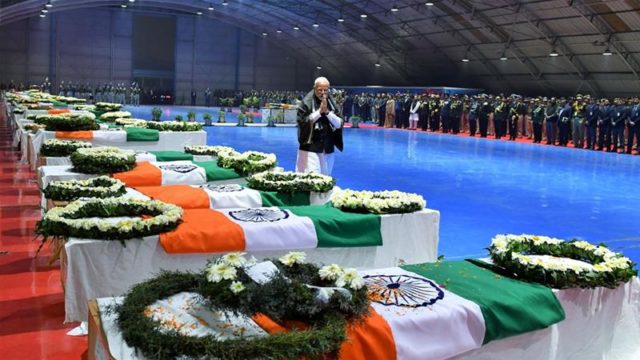
Also Read: What Does Removal Of Article 35A and 370 In Kashmir Mean: Good Or Bad For Future
Why Do They Do It?
Military life is a lot of stress, indeed, and being away from family for several months is a very challenging thing to do. Some join the military because they have no other skill and they need to have a decent job.
Some join the military to honour their family members who have already served in the forces. But if we talk of the people who join for honour, they see a form of respect that they will be entitled to after they are uniformed. This respect is a very important factor in living a harmonious life in a society.
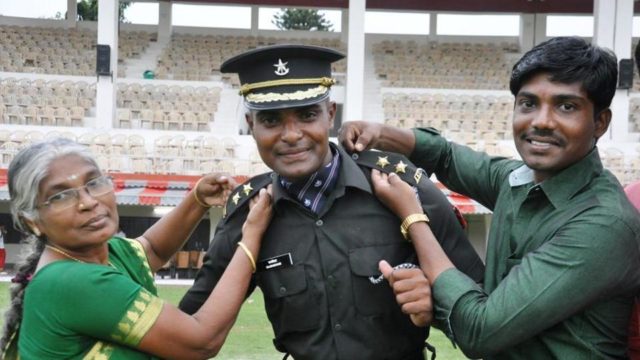
Another group of people, in which I place myself, is the kind of people who want to lead a more disciplined life by taking responsibility. There cannot be a greater responsibility than the protection of hundreds of crores of people in your country, almost all of whom, you don’t even know.
Motivation
There are three kinds of military men – one who has been a part of sainik school/other army establishments, another who have their relatives in the forces, or third who have been inspired by meeting a military officer, watching videos or through stories of valour.
If you think about it, no one is motivated to die. The motivation is more inclined towards earning the uniform, the honour, the integrity and pride. These are things above average human morale.
It is absolutely a big task to be able to put your life on stake in order to protect your motherland, but that is the way of military life. It has always been in the Indian blood, since long. But for me, it really began when the Azaad Hind Fauj was formed and the slogan “Tum mujhe khoon do, mai tumhe azaadi dunga” came into existence.
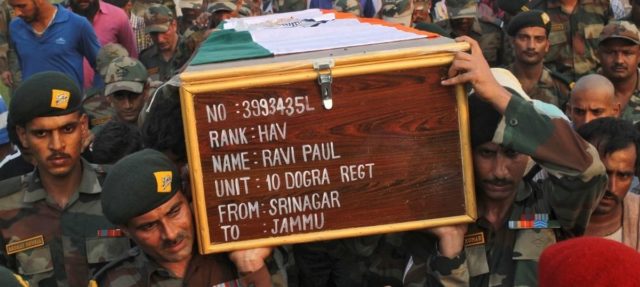
In all honesty, the military men and women are ready to die for the country, but don’t necessarily want to do it. As mentioned before, staying alive and protecting the country is more important.
If you have an anecdote of how you got inspired to join the forces, share it with us in the comments below.
Sources: Psychology Today, Economic Times
Image Source: Google Images
Connect With The Blogger: @som_beingme































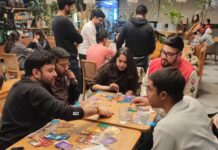




The best I ever heard:
One of my friends who served as Major in Indian Army lost his leg during the ambush against the militants in Poonch sector saving his co-officer from the direct attack.
I asked him why did you do that ?
I got the best response I can ever get : ‘He would have done it for me, if I am in his place’
Salute !!